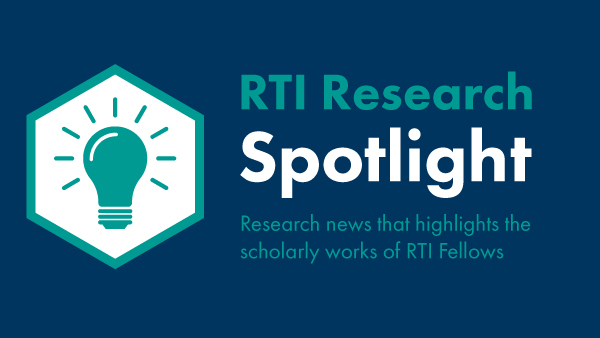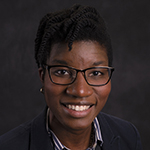In the early 1990s, Yale’s Cushing/Whitney Medical Library started offering a personal librarian program to their medical students as part of their outreach efforts. The program matched students and librarians together for individualized assistance with a variety of student needs, and since then many college and university libraries have followed their lead to implement their own.
My health sciences library discovered the personal librarian concept at a nonmedical library conference and have been operating our own since 2013, but as I joined the RTI in 2018, I found myself wondering whether or not medical and academic health sciences outside of Yale and our library were utilizing these programs as well, and if so, how? With not much to be found in the literature, the question led to a survey, the results of which are now published in the January 2022 issue of JMLA.
The survey found twelve medical and academic health sciences libraries that currently operate a personal librarian program. Each program was found to be uniquely structured to meet the needs of the institutions they served, from core implementation basics such as student-to-librarian ratio and the types of students who benefitted from each program, to the services provided through the program and communication methods. Unsurprisingly, providing research assistance was a key service common across each program. A follow-up study is in development to reach a wider audience of medical librarians and address some of the limitations of the current research, but this preliminary look into the state of personal librarian programs could be helpful to medical and academic health sciences libraries looking to create their own.
*Natasha Williams, AHIP, is a fellow of the 2018 MLA Research Training Institute (RTI), and this project was the focus of her research. The RTI project was made possible in part by the Institute of Museum and Library Services (RE-95-17-0025-17). Natasha serves as a 2021 RTI Peer Coach.




